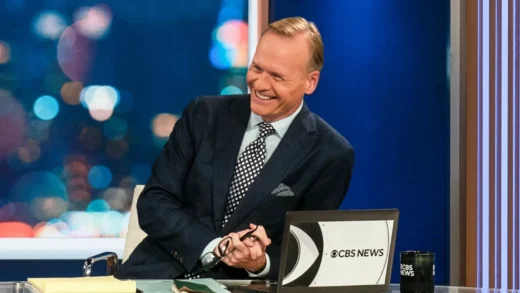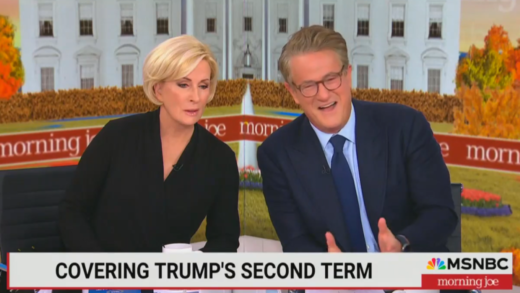The arrival of Margaret Thatcher in season four of The Crown was keenly anticipated: Gillian Anderson is magnificent, Thatcher was an icon whichever way you cut it, cue popcorn, etc.
In fact, when it arrived, Anderson’s performance was unnerving. Damian Barr, the author of Maggie & Me, not a Tory, puts this a bit more strongly: “I’m calling it post-Thatcher stress syndrome. A lot of people are actually triggered by it.”
“Triggered” is a strong word, though maybe I’m only saying that because I’m over 40. But the performance manages to be both hard-to-stomach and queasy-making, two very different things, rarely combined.
On the first, people find it hard, as Barr describes, “to see her in human situations when they have only known her as an inhuman politician. That’s a real challenge for people who have lived through Thatcher.” We see her the victim of snobbery, dressed in the wrong clothes, arriving at the wrong time for dinner with the Queen at Balmoral. We see her being outclassed. We’re implicitly asked to respond with empathy to someone who famously had none herself, who thought society was for losers, who (this is somehow worse) also thought buses were for losers (it is alleged but not verified that she said anyone on a bus over the age of 26 should consider themselves a failure – like Peter Mandelson asking whether mushy peas in a chip shop was guacamole, it doesn’t really matter if it’s true, the salient thing is how true it feels).
The queasiness is different. Anderson plays Thatcher with such close attention to her mode of being that it’s like seeing the corpse of the baddie reanimated, long after the movie finished. It’s unheimlich, a bit scary. That mode of being, furthermore, is so idiosyncratic, the voice unlike any other, the predatory stealth of her gait and frankness of her gaze, that you’re constantly testing the mirage against your memory, thinking, “can she really have been like that?”
The voice, yes. Famously, she had two rounds of elocution lessons, one as a child in the 1930s, and one while she was leader of the opposition in the mid-1970s, aimed at getting her voice lower. She was said to have got it down by 46Hz, about half the average difference in pitch between a man’s voice and a woman’s. It seems improbable to me that she kept this up at home while she was talking to Denis, but to give Anderson a break, one extremely unnatural British accent per job seems like enough.
Thatcher’s former private secretary Caroline Slocock says that her movements were quicker and livelier when she was among friends, but certainly on screen she did have that quite pompous, ungenerous bearing.
Iain Dale, the broadcaster, author and editor of Margaret Thatcher: A Tribute in Words and Pictures, a Tory, remembers his grandmother bursting into tears when Thatcher became leader of the opposition. “The left never gets this right, they say she wasn’t a feminist, but she did something incredible for women. I remember in the late 1980s my six-year-old niece saying to me: ‘Uncle Iain, can a man be prime minister?’”
She was certainly a role model, but the version of womanhood she modelled was quite a complicated one, a hyper-feminised costume with that elaborate, practised hardness (that was, indeed, her stated intent, to prioritise the “vigorous values” (energy, adventurousness, independence) over the “softer virtues” (humility, gentleness, sympathy). Barr takes that up: “Priti Patel is the spirit of Thatcher in that way, she’s internalised toxic masculine behaviour along with these highly feminised pussy bows.”
And were the politics really as brutal as all that? Sure. She successfully ended the postwar social contract, all that soft stuff where we bore a responsibility for one another, crippled heavy industries, reversed what in the 1970s seemed to be an inexorable, if slow, curve towards greater equality. But there’s this irritating analytical yin-yang where people now assume that, because Thatcher was ruthless and determined, she must have been effective. I was amazed to read in a US publication that “thanks to the government’s right-to-buy scheme … more people were able to own a home”.
(Excerpt) Read more in: The Guardian





